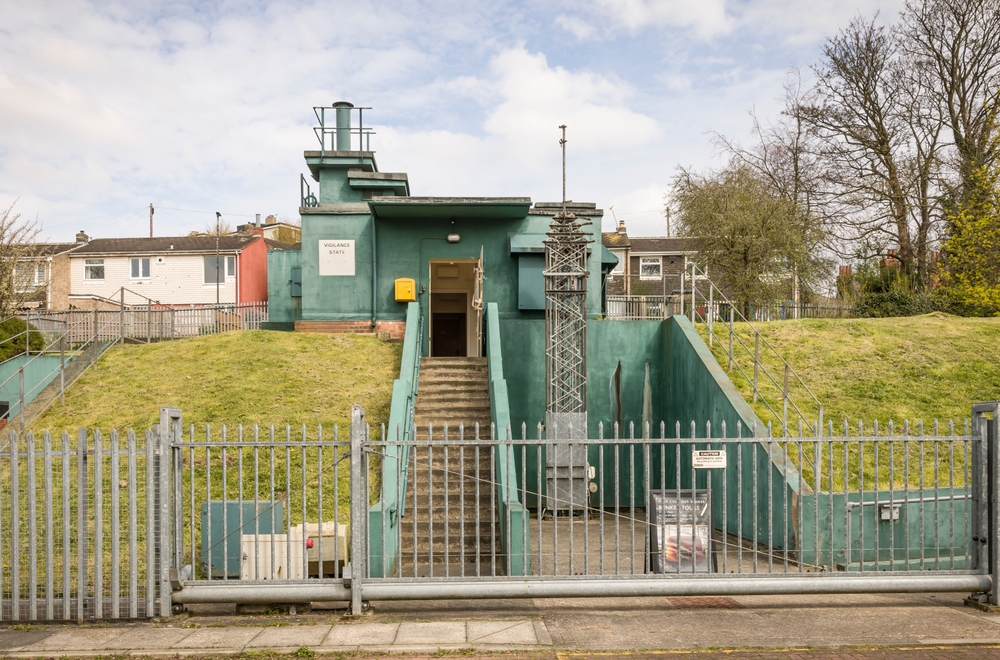Falconer specifically mentioned Suffolk, where a large stockpile was reportedly hidden.
Others are reading now
A former British special forces veteran has made a startling claim that Russian agents secretly hid weapons, including small nuclear bombs, across the United Kingdom during the Cold War.
Wanted to Launch Suprise Attacks
Duncan Falconer, a veteran and author, revealed this in an interview with Mirror and reported by SE while promoting his new book First Into Action Again.
According to Falconer, Russian agents planted over a dozen secret weapons caches throughout the UK in the 1980s. These stockpiles allegedly included gas capsules, assault rifles, and even miniature nuclear devices.
The plan, he claims, was for elite Russian Spetsnaz forces to access these hidden supplies in the event of World War III and launch surprise attacks from within the UK.
Also read
Falconer specifically mentioned Suffolk, where a large stockpile was reportedly hidden near U.S. Air Force bases at Mildenhall and Lakenheath, making it a prime target.
Smuggled into UK
Falconer described how the Russian strategy involved smuggling weapons and supplies into the UK, creating hidden bunkers that could house small teams of soldiers. These bunkers were stocked with food and ammunition to allow Russian operatives to remain hidden until they received orders to strike.
One such bunker, he claimed, was discovered in a Suffolk forest, equipped to support a four-person team.
These revelations come amid rising tensions with Russia, driven by the war in Ukraine and Moscow’s repeated threats to use nuclear weapons. Although these Cold War-era stashes were never used, Falconer’s claims have raised concerns about whether similar stockpiles could be hidden in other NATO countries.
While the veteran acknowledges that some of Russia’s Cold War threats were designed to exaggerate their power, his account has reignited fears of covert threats that could still exist in the West today.


